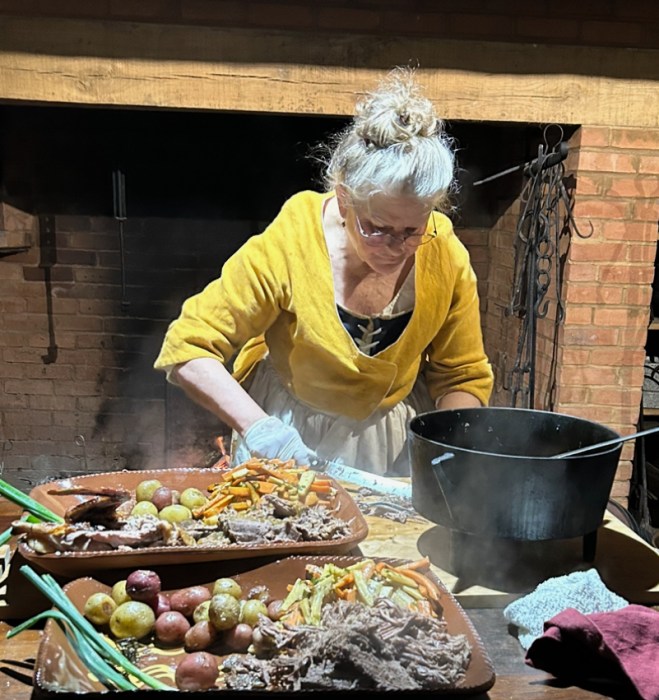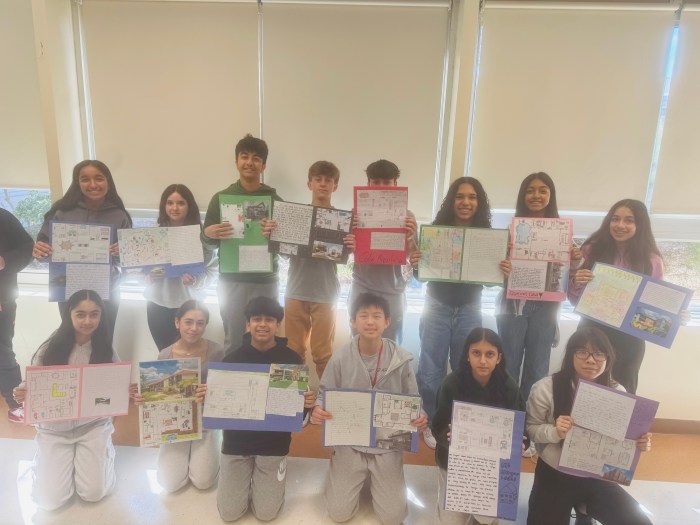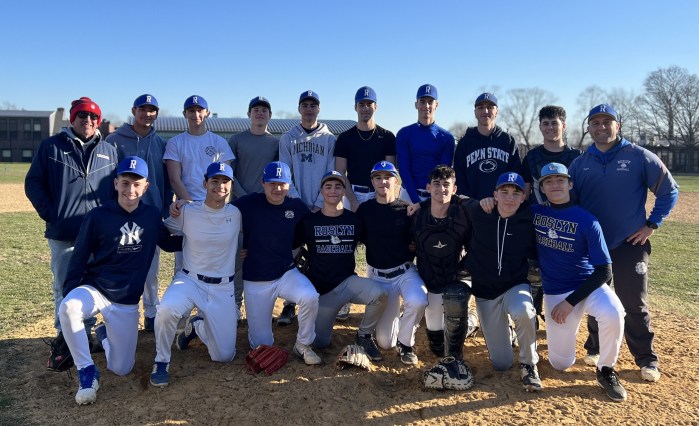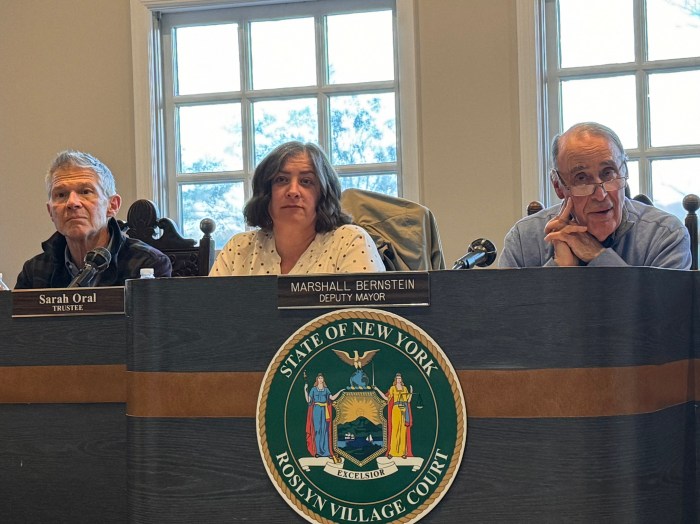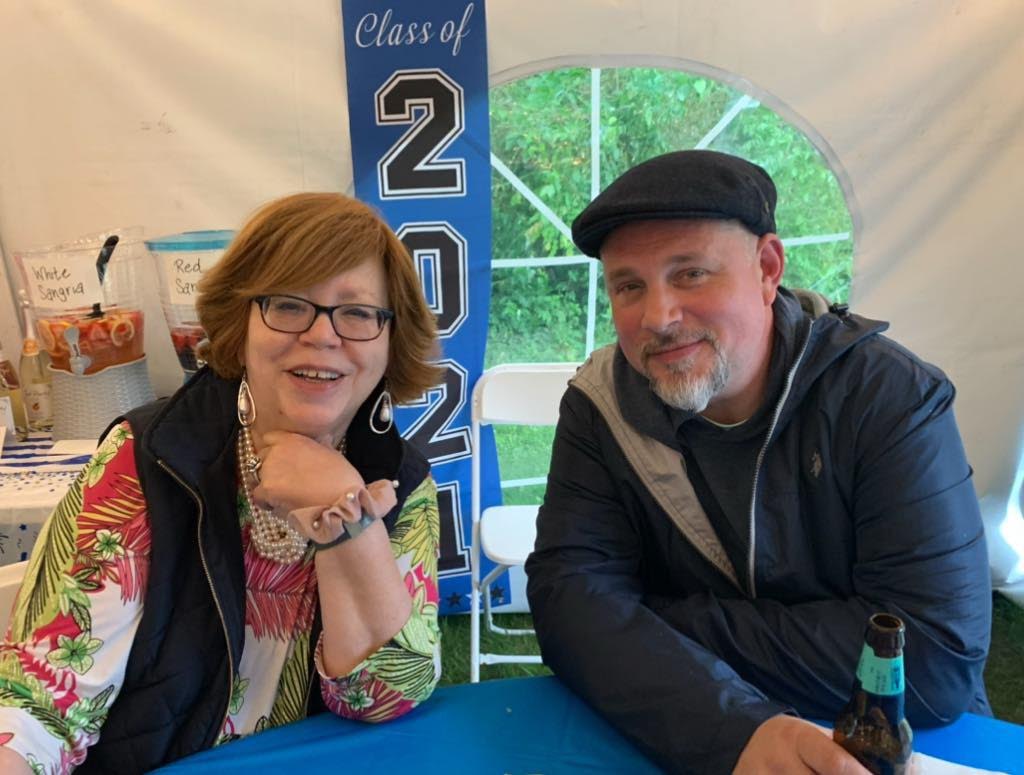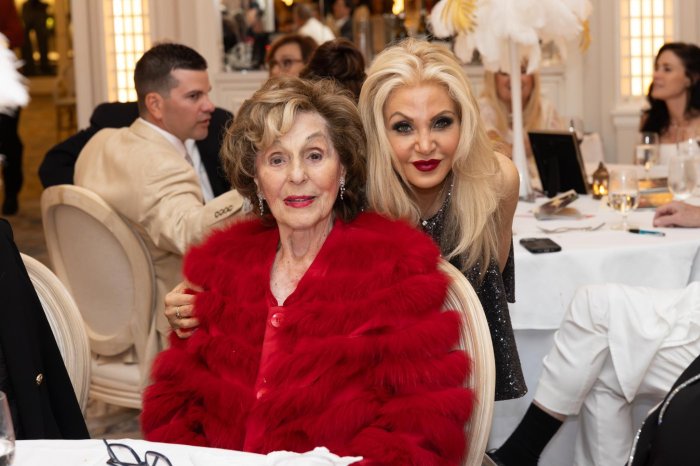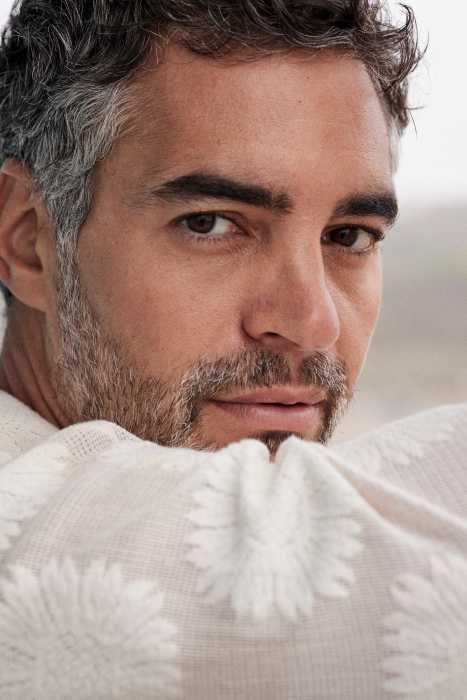Longtime Roslyn resident and Holocaust survivor Boris Kotler died at age 94. Kotler had lived in the area for over 55 years and leaves his wife, sister, children and grandchildren.
“He always really enjoyed life,” said his daughter, Suki Wasserman. “If you met him, you would never know he experienced such tragedy.”
Kotler was born in Poland and grew up alongside his brother, David, and sister, Alice. Wasserman said he described the first nine years of his life as “idyllic.”
In 1939, when Kotler was 9 years old, bombs were dropped in the center square of his town, beginning the “war as he knew it,” Wasserman said. The Jewish part of his town was turned into a ghetto, and five families were moved into his family home, she said.
In an attempt to leave, Kotler’s father traveled over the Russian border with hopes to bring his family across but was jailed, Wasserman said.
After hearing the news that the town would be liquidated, Wasserman said Kotler’s mother asked a German soldier for help getting her three children to safety. Wasserman said the guard told his mother that trains would come to town the next day to round up residents, but that if she left that night and hid with her children, they could avoid it.
Wasserman said the children hid in a cellar for days to avoid the trains, and the family lived in hiding for the following two years. Kotler’s mother decided it would be safest for the family to split up, so as to draw less attention to themselves.
“My dad hid in the woods by himself,” Wasserman said. She said he dug a ditch and found food in local barns to survive by himself. She said some of the local farmers would help him, but he did not ask for help too often to avoid being seen.
Kotler’s mother hid in the woods as well, but she and Kotler did not connect with each other frequently. His sister, Alice, became a nanny in Germany during the war, hiding her identity from the family to find work.
His brother, David, was shot by German soldiers when he was just 5 years old.
After the war ended, Kotler reunited with his mother and sister, and the three of them traveled to the United States. When he moved to America, he decided to go into the car business, working at a car wash and a mechanic before he bought local Ford and Chevrolet dealerships.
Throughout his time in Roslyn, Wasserman said he visited local religious and public schools to share his personal story about the war. She said he accumulated folders of thank you letters from students.
“I would say that was his biggest public service,” Wasserman said.
Wasserman said her father’s story has many elements to learn from, especially in today’s political climate.
“It’s so important, his story. Not just as a memory of the past,” she said.
Despite what he went through at such a young age, Wasserman said her father was the “most positive person.” She said he served as a model for how to appreciate life.
Kotler always looked on the bright side, Wasserman said. She said it was “astonishing” to see how positive he was, even after experiencing so much loss.
“He really, really had a wonderful life,” she said.
Kotler had been a Roslyn resident for at least 55 years, Wasserman said. He was married to his wife, Julie, for 64 years. The two of them lived an “amazing life together,” Wasserman said. Kotler is survived by his wife, sister, children and eight grandchildren.
Read More: Editorial: Remembering the Holocaust





